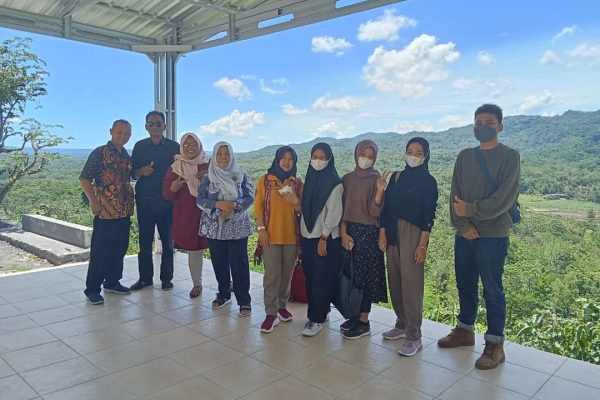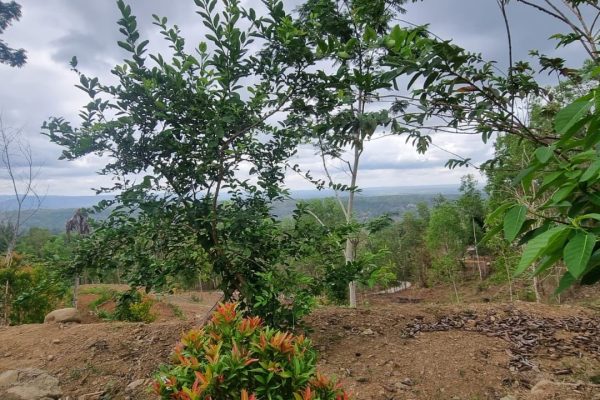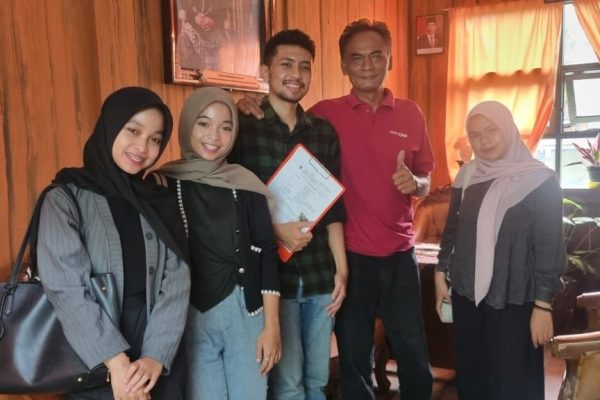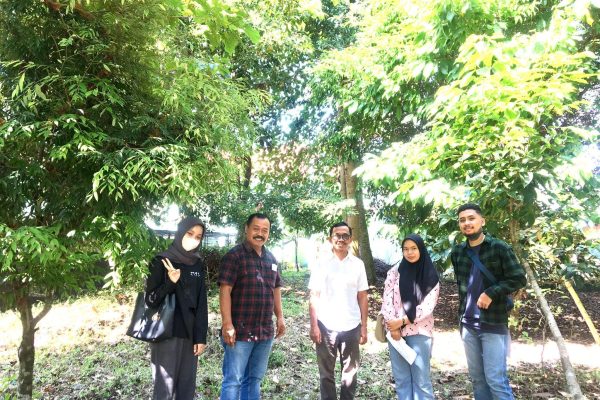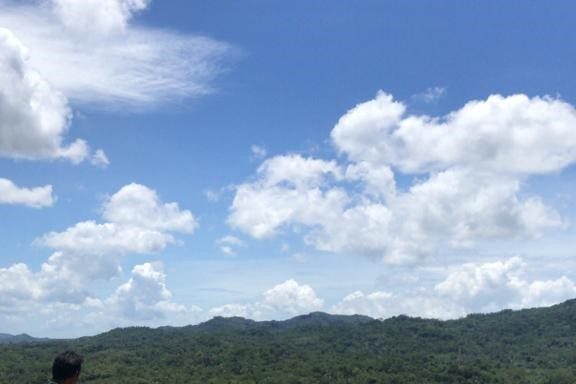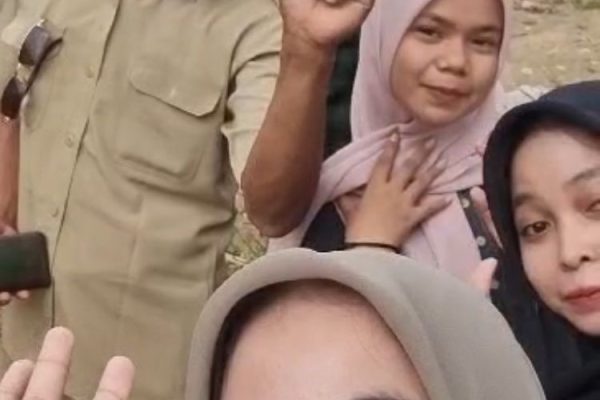[PkM- MBKM] Four students from the Faculty of Biology, Universitas Gadjah Mada—Agastyo Pakusadewo Suwardi, Ririn Febrina Putri, Sherlina Oktavian Putri, and Sherlita Oktavian Putri—engaged in the Community Service of the Independent Learning Independent Campus (MBKM) from February to November 2023 in Kedungpoh Kulon Hamlet, Kedungpoh Village, Nglipar Subdistrict, Gunung Kidul guided by Ludmilla Fitri Untari, S.Si., M.Sc., and Dwi Yono (the head of Kedungpoh Village) as partners in the MBKM Community Service.
Kedungpoh Village comprises 10 sub-villages with a total area of 10,799,830 hectares, located in the northern region of Gunungkidul. Despite being hilly, this area relatively has more abundant water compared to the southern regions of Gunungkidul. In line with the Regional Government of Gunungkidul’s policy to develop the northern region as a new tourist destination, Kedungpoh Village has also aimed to establish itself as a tourist village with a vision of a prosperous, resilient, and prosperous community. One of the development plans for Kedungpoh Village is the establishment of Indonesian Rare Plant Eco-Tourism in Kedungpoh Kulon Hamlet. The development of “Kebun Biologi UGM II” not only serves as an effort in land conservation and disaster mitigation but also aims to develop Eco-Tourism based on a Mini Indonesian Rare Plant Botanical Garden.
During the MBKM activities, the students conducted various tasks, including characterizing and identifying various rare endemic plants in the Yogyakarta region and its surroundings, as well as plants with potential. To obtain these plants, the students collaborated with the Forestry Instrument Standard Testing Center (BBPPBPTH) and the personal collection of one of the lecturers from the Faculty of Forestry, Universitas Gadjah Mada, namely Dr. Ir. Nunuk Supriyatno, M.Sc.forest trop. According to Ludmilla Fitri Untari, S.Si., M.Sc., the supervising lecturer, this initiative marks the initial step toward preserving the diversity of rare plant species in “Kebun Biologi UGM II” located in Kedungpoh Kulon Hamlet. The ex-situ conservation of these rare plants can support the government’s program in conserving natural resources for sustainable development (EfSD) and, as a result, enhance the welfare of the local community through locally potential-based eco-tourism, namely the mini botanical garden (UGM Biological Garden II). It can also enhance the capacity of the local community in cultivating plants in Kedungpoh Kulon. It is hoped that this MBKM activity can contribute to the conservation of rare plants and establish Kedungpoh Village as a tourist destination with a vision of a prosperous, resilient, and prosperous community.

